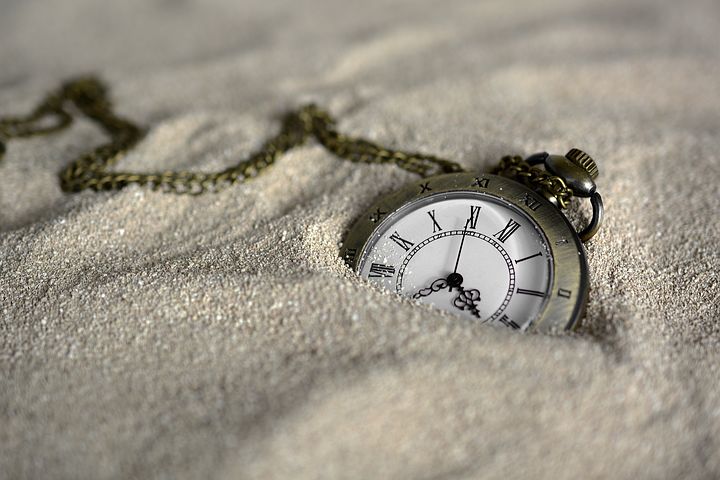True story, Word of Honor:
Joseph Heller, an important and funny writer
now dead,
and I were at a party given by a billionaire
on Shelter Island.
I said, “Joe, how does it make you feel
to know that our host only yesterday
may have made more money
than your novel ‘Catch-22’
has earned in its entire history?”
And Joe said, “I’ve got something he can never have.”
And I said, “What on earth could that be, Joe?”
And Joe said, “The knowledge that I’ve got enough.”
Not bad! Rest in peace!”
Kurt Vonnegut
Is living a long life all that is cracked up to be? Is reaching old age enough?
What is enough?
When you were an infant, you never gave a thought to time or to your mortality. You lived in the moment, and that moment was not only a splendid sufficiency, it was, in its essence, the equivalent of eternity. Being alive, NOW, in the moment was enough.
The Present Moment & the Joy of Being
Let’s face it, if we count the time before we are born and the time after we die, we are somewhere else for way longer than we are here. You’re here; and POOF!, you’re gone. Not much more significant to the cosmic unfolding, to geological time, than a mayfly.

Would you rather have 100 days of drudgery, or one glorious beautiful day? Don’t answer too quickly. Contemplate this, as you would savor a tasty morsel, because as you sit with the question, you might find that so many conflicting thoughts and feelings arise.

Would you rather have a great sum of money, but only meaningless trinkets to buy, or a bit of money to buy one precious thing that you love?

Take someone who doesn’t keep score, who’s not looking to be richer, or afraid of losing, who has not the slightest interest even in his own personality: he’s free.
Rumi
Would you rather spend 80 years as a slave to tedium, yearning for freedom, or 8 days of freedom in which you felt fully alive?
By the time I was 16 I had lost my three closest friends to truly horrible illnesses.
Chris was born with his terminal illness. His disease kept him from many physical activities. We drank beer and smoked cigarettes together when he was 12 and I was 10. We played chess and battleship. We collected comics, read and discussed them. A child prodigy, he serenaded me with classical music, sometimes original. Chris (whose given name was actually Cristos) died at age 18. I can’t think of anyone who knew him that didn’t love Chris.
Robin was hit with an insidious, incurable form of cancer when we were in 6th grade. Heads turned when Robin entered a room—moths to the light. She was brilliant in both the intelligence and luminosity sense of the word, bright, funny, and fun. We wrote stories and plays together. We cast the neighborhood children in roles and enacted the plays for the whole neighborhood. We organized a caroling group for the Christmas holiday, learning both Christian and Jewish songs, knocking on all the neighborhood doors. We hosted inventive parties. When she was reading a book, you could ignite a bomb under her seat and she wouldn’t be distracted. She was 13 when she died, a month shy of 14. I can’t think of anyone who knew her that didn’t love Robin.
Carmen and I were to meet in Paris, to master the French language we couldn’t in high school. I’d met her in honors English. She was born in Barcelona. Castillian Spanish was her native tongue, and she spoke a beautiful English and a smattering of Italian. Clearly the French problem was the teaching and not the students. We sat on her veranda after school, drinking manhattans and listening to the music Charles Aznavour. With roses between their teeth, her parents danced on tables with us. She returned from Paris before I could join her and was gone within six months.
Three very short lives. Three people who lived more in the brief time they had than most live in 80, 90, or 100. While many think that my early bereavement was a burden—though it certainly was for a while—they rarely consider the gift. At a very early age, I learned that the quality of life was vastly more important than the quantity.
It was enough that they lived.
Video of father and baby by olia danilevich from Pexels
Bored woman photo by Min An from Pexels
Woman under starlit umbrella photo by Matheus Bertelli from Pexels

